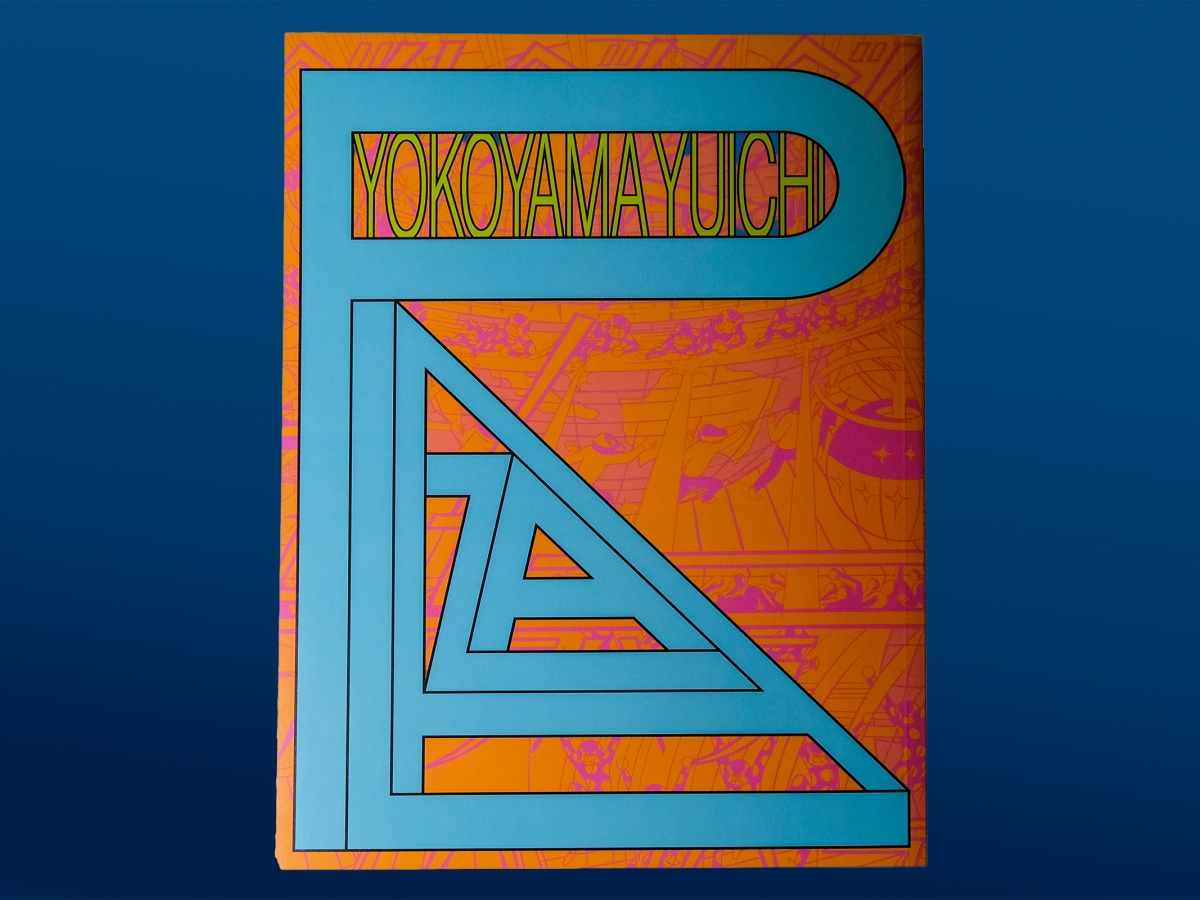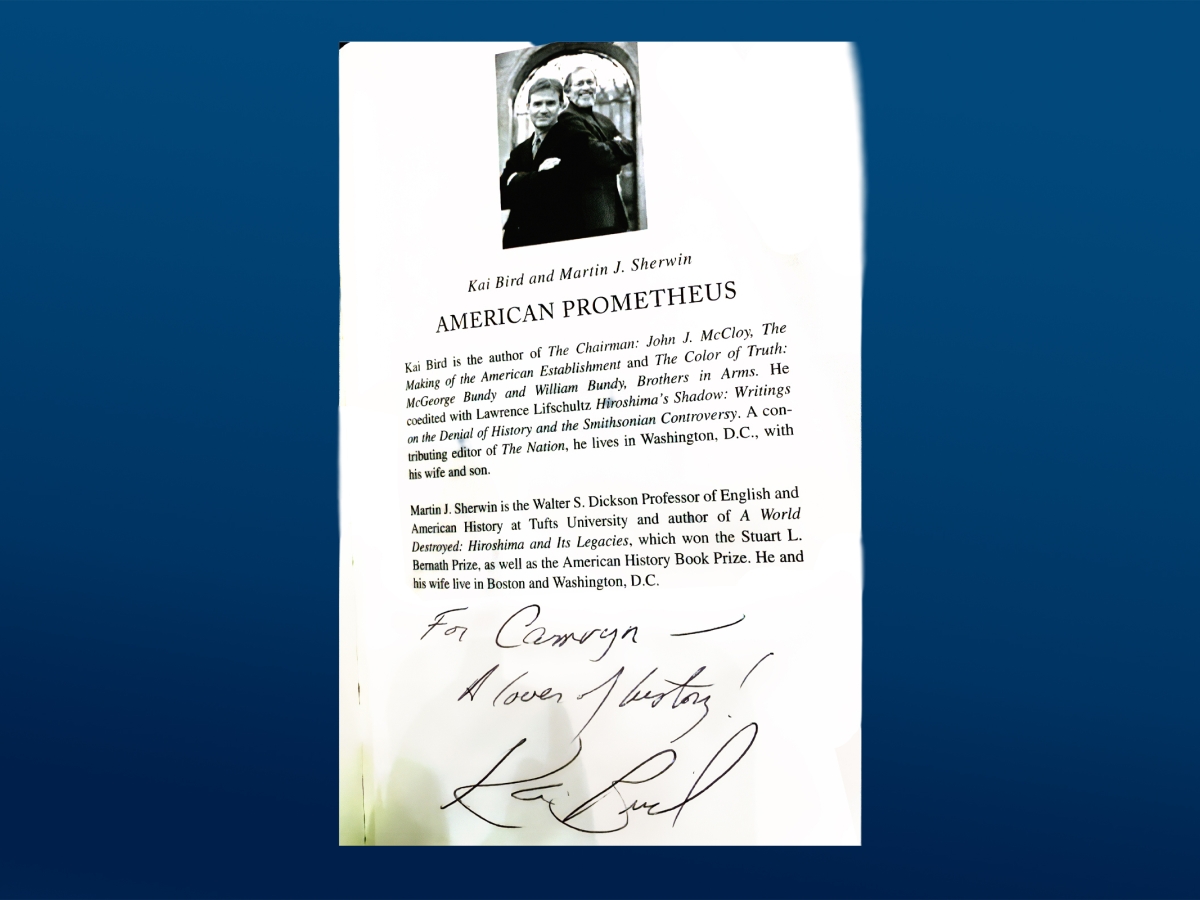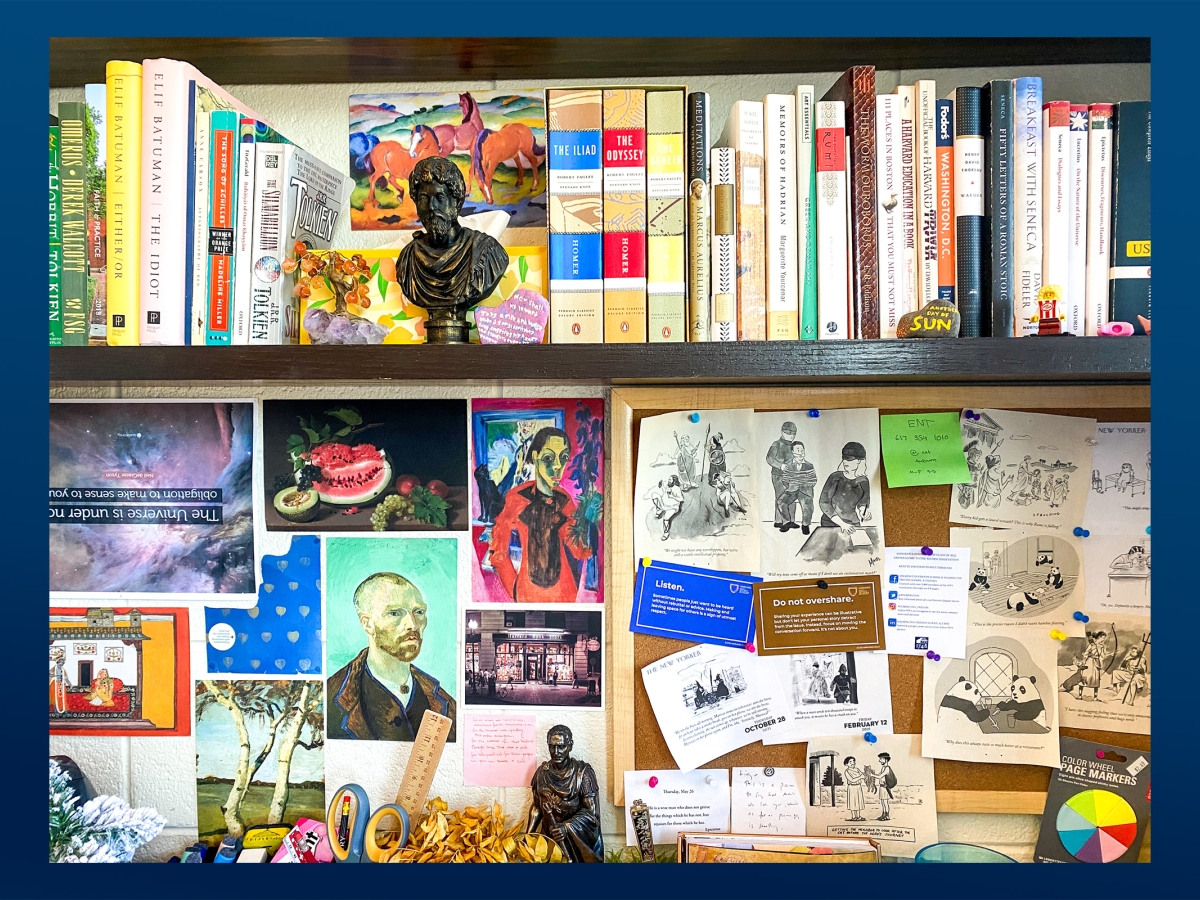Harvard Library offers two prizes designed to recognize and encourage collecting by students. An exhibit celebrating the 2025 winners is on display in Lamont Library.
The Visiting Committee Prize for Undergraduate Book Collecting
This prize is especially for undergraduates and focuses on books and other print materials.
“Atomic Comics: How Comic Books Reflect Atomic Anxieties”
First Prize - Camryn Neches ’27
Camryn Neches collects comic books and related texts that explore the intersection of atomic science, medicine, and history. Her collection showcases how radiation appears in popular culture—as both a source of destruction and a spark for superhuman power. Textbooks on atomic physics and works about the Manhattan Project sit alongside comics featuring heroes transformed by radiation exposure. Among her favorites are a signed copy of American Prometheus and a well-worn copy of Richard Feynman’s QED.
“The Magic and Mutability of Contemporary Trans & Queer Memoirs”
Second Prize - Oscar K. ’24
Oscar K.’s collection ranges across genres to find trans and queer authors whose books constitute “a repository of knowledge about gender, sexuality, race, and identity writ large.” As Oscar writes, “in the political climate of 2025, as the current presidential administration erases mentions of trans and queer communities from federal records and attempts to eradicate us from public and private life, curating and preserving the records and writings of trans and queer artists, activists, and ordinary people is a form of resistance and political protest.”
“Things that Go Bump in the Night: Four Centuries of Spine-Tingling Gothic Literature”
Third Prize - Gracia Perala ’25
Gracia Perala’s collection traces Gothic literature from the eighteenth century to today, gathering tales of monsters, mystery, and suspense. She began with a childhood copy of Dr. Jekyll and Mr. Hyde found at a local Goodwill and later rediscovered Dracula in college, sparking a renewed fascination with the genre. Nearly all her books are secondhand, many from the used section of the Harvard Book Store. Highlights include The Beetle by Richard Marsh, a novel published the same year as Dracula, and cherished editions of Dracula and Jekyll and Hyde.
The Philip Hofer Prize for Collecting Books or Art
This prize is open to all undergraduate and graduate students and welcomes collections of books or art.
“Paper Architecture: My Life in Small Presses”
First Prize - Duncan Steele ’25 (GSD, Master of Architecture II)
Duncan Steele’s collection brings together zines, comix, pamphlets, posters, magazines, and artists’ books focused on experimental art and architecture publishing. He began collecting in 2013 and now holds hundreds of items that trace independent and DIY print culture across design and art communities. The materials are grouped by different phases of his life—as a student, teacher, artist, and bookseller—and reflect both personal and professional engagement with small-press publishing. As Duncan writes, “My collection is a personal set of references that I can share with other people and re-encounter over the course of my life. Often, I will remember a drawing or image on the tip of my tongue based on its bookshelf or longbox neighbours before something even remotely googleable comes to me.” Items featured in the exhibit include the accordion book New Animals (2019), Connor Willumsen’s “Fraeks” poster, and a signed copy of Manhattan Transcripts.
“The Modern Library of Ancient Greece: Reception and Reimagination”
Honorable Mention - Livingston Zug ’26 (Harvard College, English and Classics)
Livingston collects books that “reevaluate, interrogate, and rephrase aspects of the Classics for the present day.” Livingston’s collection comprises roughly sixty books, ranging from critical studies on Roman political cohesion to contemporary retellings of classical myths. Divided among scholarly works, philosophical texts, and novels, the collection spans a wide range of scholarly perspectives and audience. Livingston derives “so much joy and consolation” from the collection that many of the books are reread in rotation every few years, filled with “poetic rephrasings and commentaries in the margins,” remaining a permanent fixture of their Harvard dorm room. Favorite items include a boxed set of Robert Fagles’s translations and a “very” used copy of Memoirs of Hadrian.



